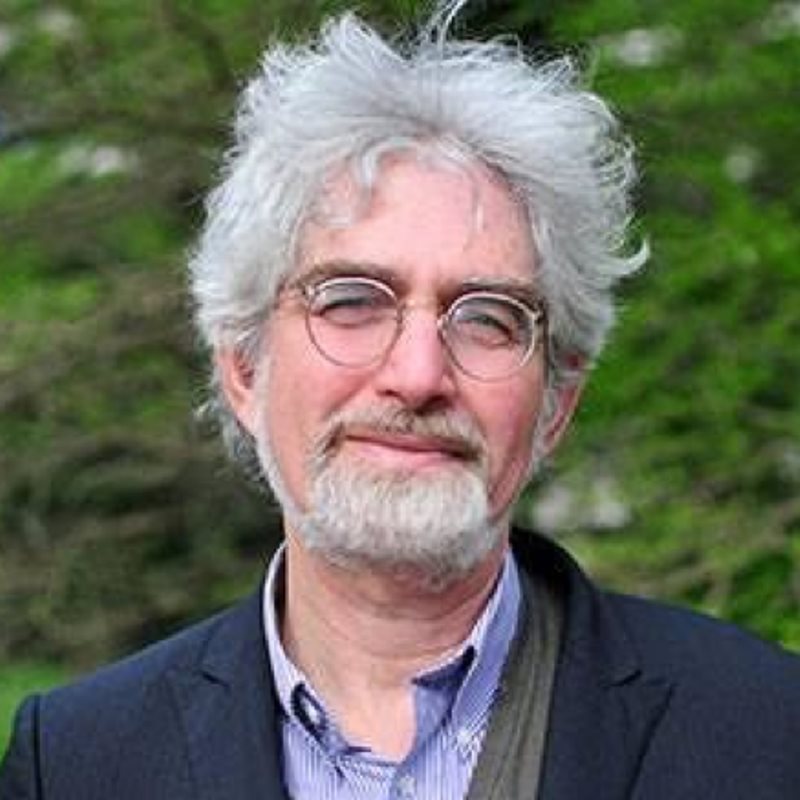Itzik Gottesman | Delivered in Yiddish.
This talk will examine how Jewish folklore, and Ashkenazic (Yiddish) Jewish folklore in particular is different from other folklores around the world, while at the same time, discussing how it shares many of the same characteristics. Several folklore genres will be presented to demonstrate this idea: Yiddish folksong, Yiddish folktale, folk belief and humor. We will begin with a brief introduction to the field of folklore study which is a rather recent development of the 19th century. Then we will look at who collected Yiddish folklore emphasizing the central role of the YIVO Ethnographic Commission in Vilna in the 1920s and 1930s. Until recently Yiddish folklorists had collected much valuable material but ignored collecting information on the tellers of tales, the singers of songs and the joke tellers themselves. Contemporary folklore study attempts to do both and place the performance of folklore in context, since much of the text’s meaning is dependent on the folk performer, the listener/audience, place and time. As an example of this approach, the life of a Yiddish folksinger and how songs fit into her biography will conclude the talk.
This lecture is part of YIVO’s Yiddish Civilization Lecture Series.

